Optimal Timing for Storm Restorations
Storm restorations are most effective when performed promptly after severe weather events. Timely response minimizes damage progression and helps restore structural integrity efficiently. The optimal window for storm restorations depends on weather patterns, seasonal conditions, and the severity of storms in the Durham area.
Conducting inspections immediately after storms ensures early detection of damage, preventing further issues.
Performing restorations during dry months reduces delays caused by rain and high humidity, allowing for better work conditions.
Storm restoration efforts are often prioritized during peak storm seasons to address widespread damages efficiently.
Scheduling restorations in the off-season may result in shorter wait times and potentially lower costs.
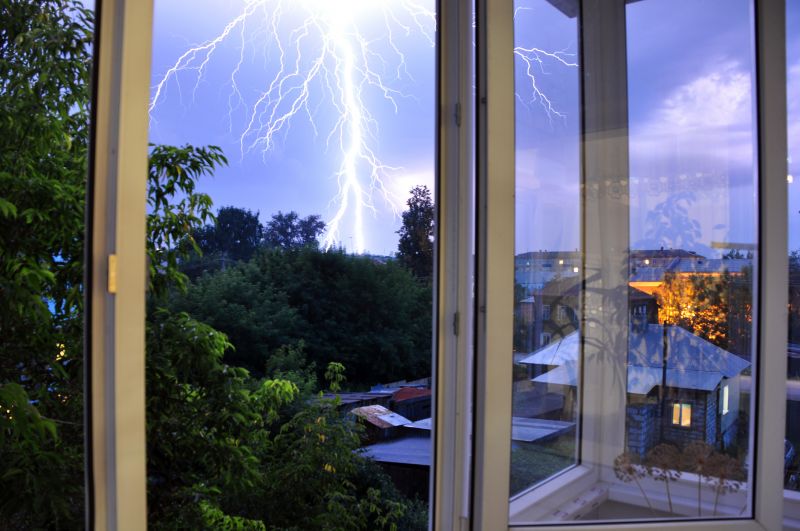
Ways to make Storm Restorations work in tight or awkward layouts.
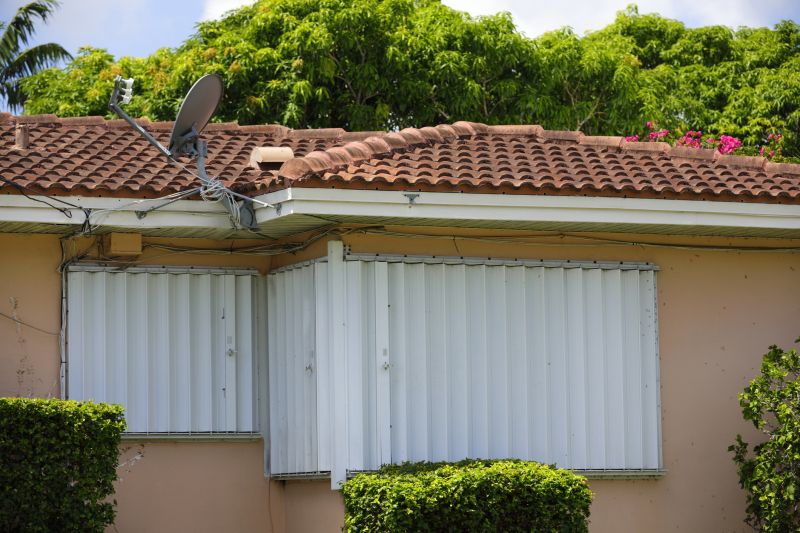
Popular materials for Storm Restorations and why they hold up over time.

Simple add-ons that improve Storm Restorations without blowing the budget.
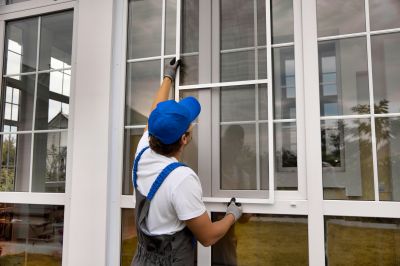
High-end options that actually feel worth it for Storm Restorations.

Finishes and colors that play nicely with Storm Restorations.

Little measurements that prevent headaches on Storm Restorations day.
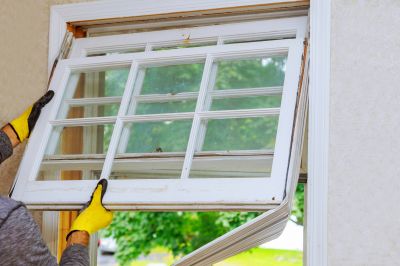
A 60-second routine that keeps Storm Restorations looking new.

A frequent mistake in Storm Restorations and how to dodge it.

Small tweaks to make Storm Restorations safer and easier to use.
| Season | Optimal Timing for Storm Restorations |
|---|---|
| Spring | Ideal for repairs after winter storms; prepares properties for upcoming storm season. |
| Summer | Best during dry periods; addresses storm damage before fall storms. |
| Fall | Suitable for post-hurricane repairs; before winter weather sets in. |
| Winter | Limited window; best for minor repairs or preventative measures during milder weather. |
Storm restorations involve comprehensive repairs to mitigate damage caused by severe weather events. This process includes assessing structural integrity, repairing roofs, siding, windows, and addressing interior damages. Prompt restoration minimizes long-term issues and preserves property value. Statistics indicate that addressing storm damage quickly can reduce repair costs by up to 30%, and prevent secondary damages such as mold growth or structural failure.
In Durham, storm activity peaks during the late summer and early fall, with hurricanes and thunderstorms contributing to significant property damages. According to recent data, over 60% of storm-related damages occur during these months, emphasizing the importance of timely restoration efforts. Proper planning and scheduling restorations during favorable weather conditions can lead to more efficient repairs and better outcomes.
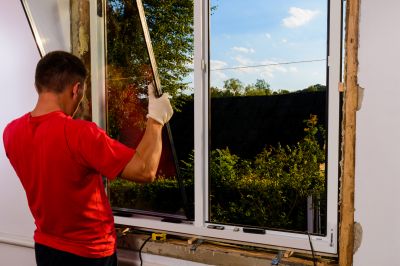
Lower-waste or water-saving choices for Storm Restorations.
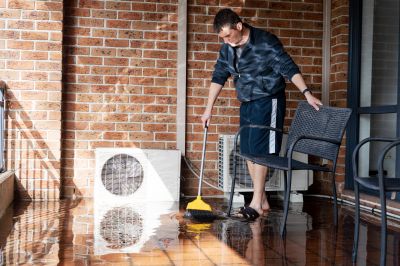
The short, realistic tool list for quality Storm Restorations.
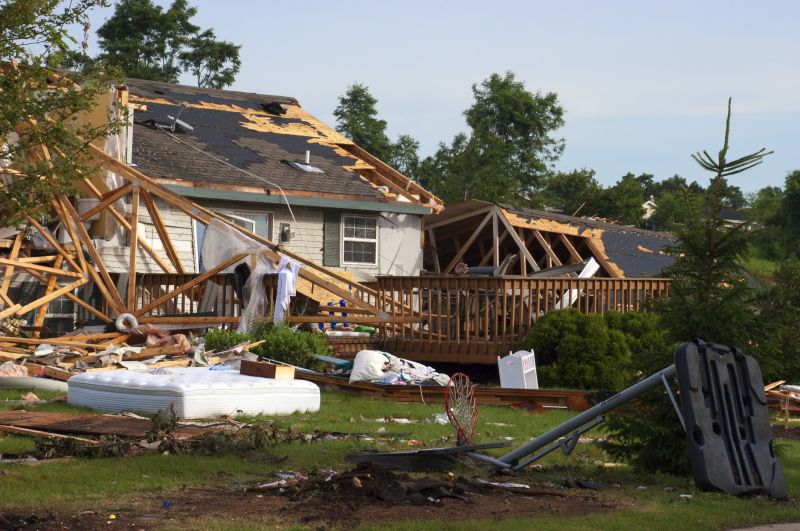
Rough timing from prep to clean-up for Storm Restorations.
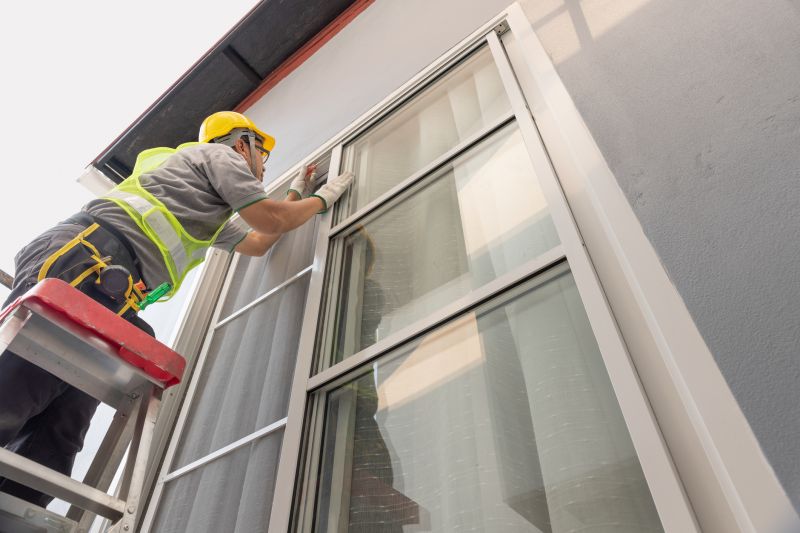
Quick checks and paperwork to keep after Storm Restorations.
Individuals interested in storm restorations are encouraged to contact for assessments and tailored solutions. Prompt action can help mitigate extensive damages and restore property safety and integrity efficiently.
